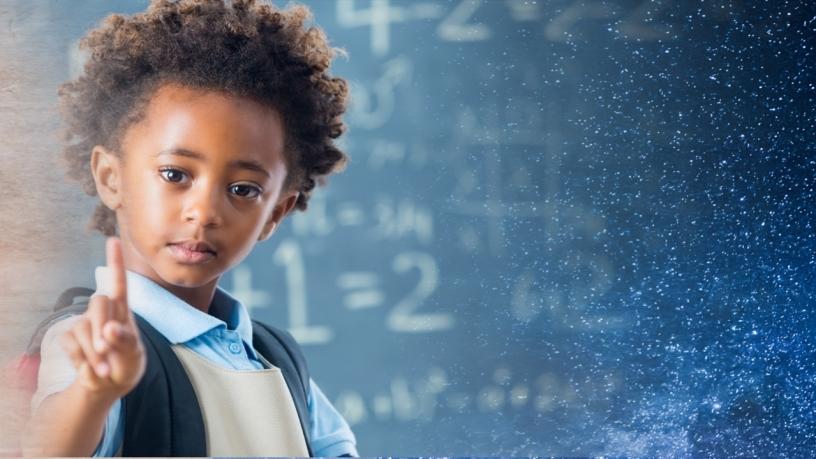
Personalised teaching, with greater student-centricity and a heightened focus on learners, will replace more traditional curriculum-based approaches in the future.
This was one of the findings of a report recently published by Microsoft, called: The class of 2030 and life ready learning: The technology imperative'.
According to Microsoft SA's MD Zoaib Hoosen, the report gives insight into what an effective education system will look like in 2030, and unpacks the key role of technology in future education models.
Students who were surveyed for the report, said they want to develop the skills to navigate their own learning, to explore and make choices that unlock their curiosity and potential. They also want teachers who know and understand them as individuals to help guide them on their educational journey.
He says teachers recognise that approaches where social-emotional skills are woven into the learning program are critical. "However, many teachers simply do not have the time or the curriculum to personalise their teaching methods."
Technology as an enabler
Hoosen believes that advances in technology will allow teachers to spend less time on routine tasks and give them new ways to understand and interact with their students. "For example, collaboration platforms give learners new opportunities to interact and work together and provide teachers with new ways to engage their own professional communities, create customisable lesson plans, and provide real-time, personalised feedback to students."
He adds that Microsoft is already seeing how technology can impact on education and enable learners and teachers. And through its Microsoft Showcase Schools programme, the company is partnering with schools to implement transformative programmes in the classroom.
"To become a Microsoft Showcase School, the school must demonstrate thought leadership in at least one area of educational transformation and innovative use of technology, using Microsoft solutions to drive positive impact and student success with 21st century skills."
Many of the technologies that are being implemented also act as education enablers.
He explains that artificial intelligence (AI) gives teachers and schools new ways to understand how learners are progressing and allows for highly customised, timely, and targeted curation of content. In addition, mixed reality creates immersive learning experiences for learners that foster increased cognitive and social-emotional growth.
In the future, with the aid of technology, teachers will be able to scale and optimise personalised learning and drive a shift from traditional education models to a student-centred model that is customised to individual needs and has a greater emphasis on social-emotional skills.
Preparing young South Africans for the future
However, recent research by Microsoft, estimates that by 2030 half of the work being done by people around the world today will be automated by existing technology, and up to 375 million people may need to switch occupational categories between now and then.
"Learners who started their schooling this year will graduate in 2030. These young people will make up the workforce of the future and with the rapid advance of new technologies, they are likely to face a complicated global market." he adds "Increasing their future employability is especially important in a country where unemployment is already high, and the youth make up the bulk of the unemployed."
According to the study, by 2030, graduates will need to be more versatile, and will need to be empowered by technology, as well as demonstrate the social and emotional skills to excel in a new world. "The use of technology in the classroom will be crucial for this, as it will not only arm them with the necessary skills but also give teachers the time and space to personalise lessons and concentrate on teaching learners much needed social skills."
Share